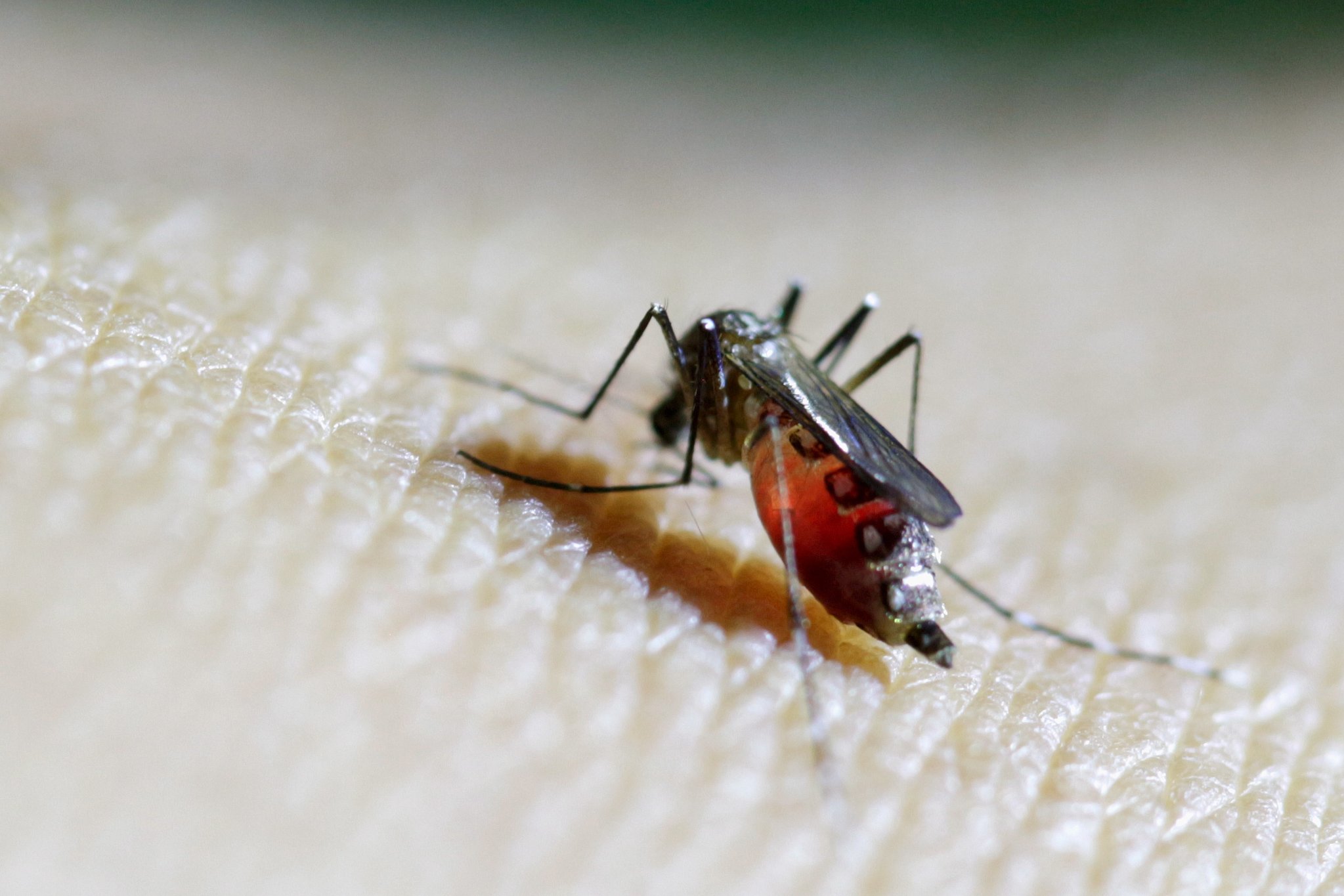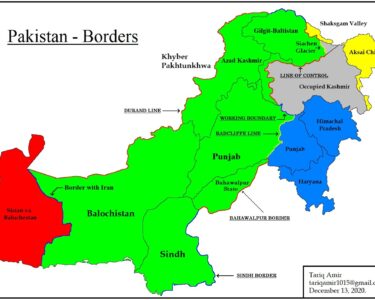Global Chikungunya Threat
WHO issues warning amid rising cases and mosquito spread
Summary
- WHO raises alarm over a possible global chikungunya epidemic as virus spreads to new regions
- Over 220,000 cases and 80 deaths reported across 14 countries in 2025, with major outbreaks in Réunion and Mayotte
- Vaccines remain limited while no antiviral treatment exists; WHO calls for urgent vector control and public awareness
- Climate change, urbanisation, and travel fuelling mosquito expansion, increasing risk in non-endemic areas
Geneva, Switzerland — The World Health Organization (WHO) has issued a stark warning about the growing risk of a global chikungunya epidemic, urging governments and health authorities to step up surveillance, vector control, and public education efforts.
The warning, released on 22 July 2025, follows significant outbreaks of the mosquito-borne virus across Africa, Asia, the Americas, and parts of Europe.
As of June 2025, more than 220,000 chikungunya cases and at least 80 deaths have been recorded in 14 countries, with the most severe outbreaks in Réunion and Mayotte. Réunion alone has reported over 47,500 confirmed infections and 12 deaths.
The virus, transmitted mainly by Aedes aegypti and Aedes albopictus mosquitoes, also vectors for dengue and Zika, has surged in part due to climate change, urbanisation, and increased global travel.
Chikungunya causes acute illness marked by fever, rash, and intense joint pain, which can become chronic in some patients. While the disease rarely results in death, its impact on quality of life and economic productivity is substantial, particularly in regions experiencing high attack rates.
Although two vaccines, including IXCHIQ by Valneva, have been approved in select countries, they remain inaccessible in most parts of the world. With no specific treatment currently available, care focuses on managing symptoms.
The WHO advises travellers to outbreak zones to take precautions, such as using insect repellents, wearing long clothing, and avoiding travel during pregnancy due to risks of mother-to-child transmission.
Experts warn that the similarity of chikungunya symptoms to other mosquito-borne diseases complicates diagnosis and may lead to underreporting.
The alert underscores the need for balanced, data-driven responses that combine long-term mosquito control with informed public messaging, without inciting undue fear.







